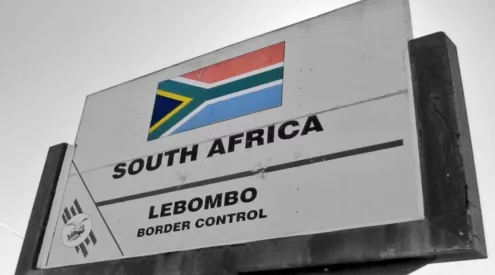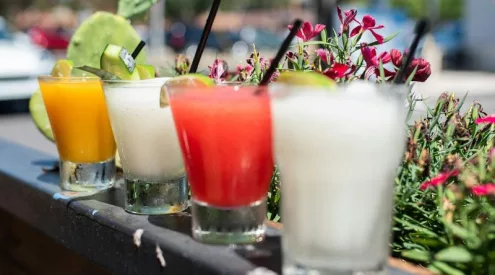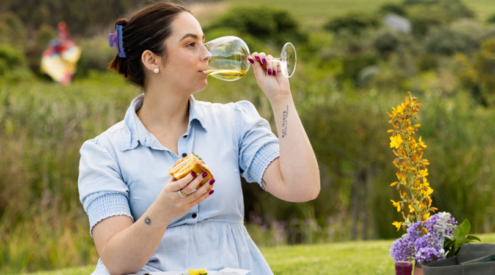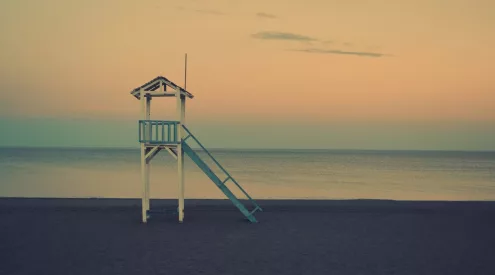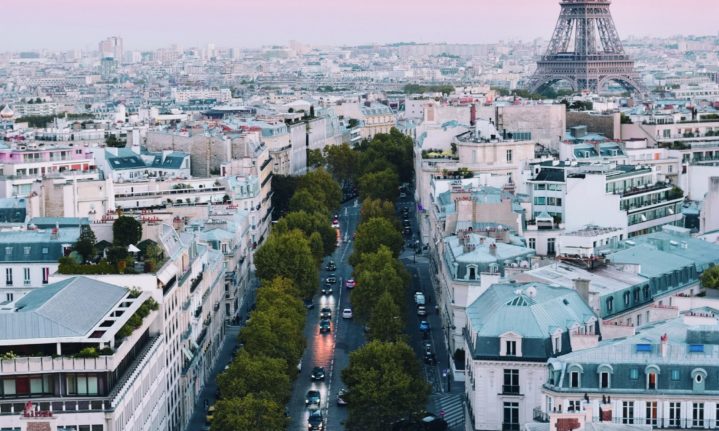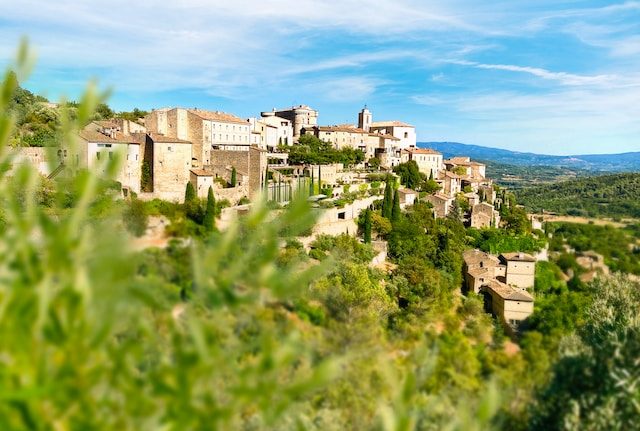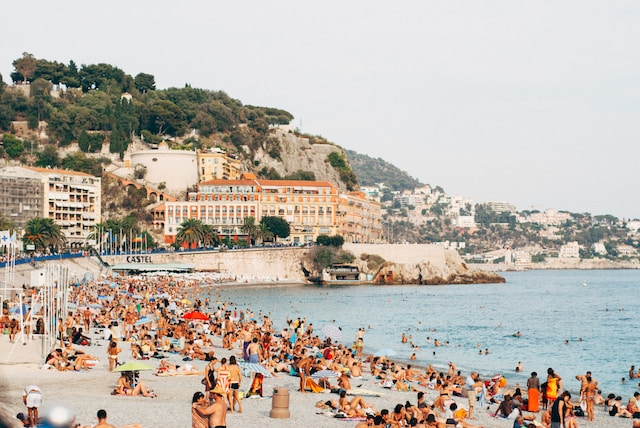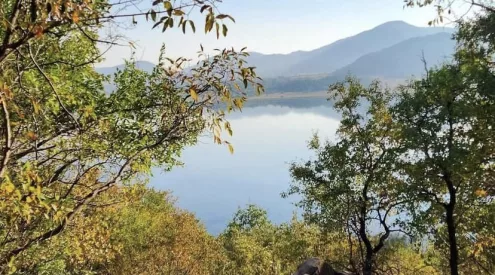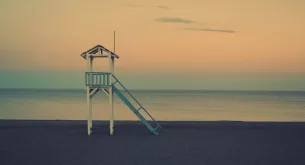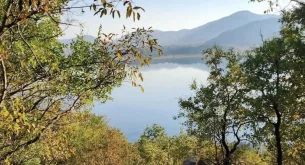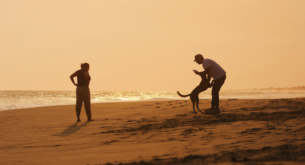Our winter, their summer – midyear is the ideal time to visit France – especially for a sporting holiday. Ahead of the 2024 Summer Olympics, Getaway scouted a few choice Gallic destinations, not only with sports nuts in mind but places that’ll give you a taste of that joie de vivre we hear so much about …
All of its cultural marvels can create the impression that “l’Hexagone” is serious, bookish and single-mindedly devoted to art galleries and aspic preservation of the past by way of its abundant museums. Plus those stiff upper lips, right? Which are really stereotypes grounded in assumptions about people who turn out to be less homogenous than we assume, far less rigid than we imagine.
Having six sides, and an increasingly diverse demographic, bestows France with a rich, multidimensional personality. She may be full of temples to cultural heritage and steeped in deeply rooted traditions, but she’s packed with natural splendour and has adventures waiting to unfold. Apart from the ski resorts and coastal playgrounds, there are mountain trails and majestic waterways.
Time to start planning. And packing.
Pretty as a picture: Provence and the Côte d’Azur
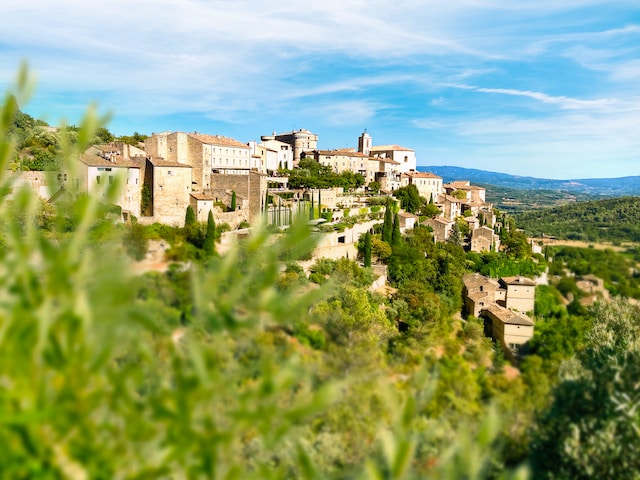
Its creamy shores are lapped by turquoise sea and Mediterranean sunshine, hills patchworked with little farms of olive groves, wild herbs and golden sunflowers. If it sounds like a painting you’ve seen, it probably is, because artists have captured it again and again, in every kind of light and mood. They each had their favourite spots: Cocteau went to Menton, Antibes seduced Picasso, Matisse loved Nice. Apart from the sunlight and the vital colours, there’s a warm earthiness, aruggedness and rusticity, too.
From the Plateau de Valensole with its 800 square kilometres of rolling lavender fields interspersed with dirt paths great for mountain biking to the sweet charms of bucolic villages, Provence lives up to the hype.
Some say the best sunset views in all of Provence are to be had in Gordes, a hilltop village where Marc Chagall frequently painted. It’s an hour from Avignon, with narrow streets, stone houses, and trails for mountain biking and hiking in Luberon Natural Park. Ten minutes away is the 12th-century abbey, Notre-Dame de Sénanque, surrounded by endless fields of lavender and is still occupied by Cistercian monks who offer rooms for travellers happy to gather in silence.
A lively base for hikers keen to explore the gorges and trails around Lac de Sainte-Croix, pretty Moustiers-Sainte-Marie enjoys a blissful location on the Adou River in the Provençal Alps; it’s at the entrance to the Verdon gorge, magically “protected” by a golden star suspended on a chain between two cliffs (the original was said to have been hung by a knight returning from the Crusades).
Meanwhile, Arles – van Gogh’s old haunt – last June saw the opening of Luma, a “creative campus” with a gleaming futuristic tower designed by Frank Gehry. To the southwest, near the ancient seaport of Marseilles, the little feudal village of Le Castellet is the location of the Formula 1 Grand Prix de France, which happens over 53 laps of the 5.842 km Circuit Paul Ricard on 24 July.
And while many descend on the fabled and fabulous Côte d’Azur to bask on beaches that line the coast from St Tropez to the Italian border, plenty partake of a buzzing cosmopolitanism. The fashionable seaside city of Nice is sufficiently prepossessing to have seduced one of our own creative treasures, Jan Hendrik van der Westhuizen; it’s where he established Jan, the restaurant that earned a Michelin star, the first by a South African chef.
A Mpumalanga boerseun on the Côte d’Azur
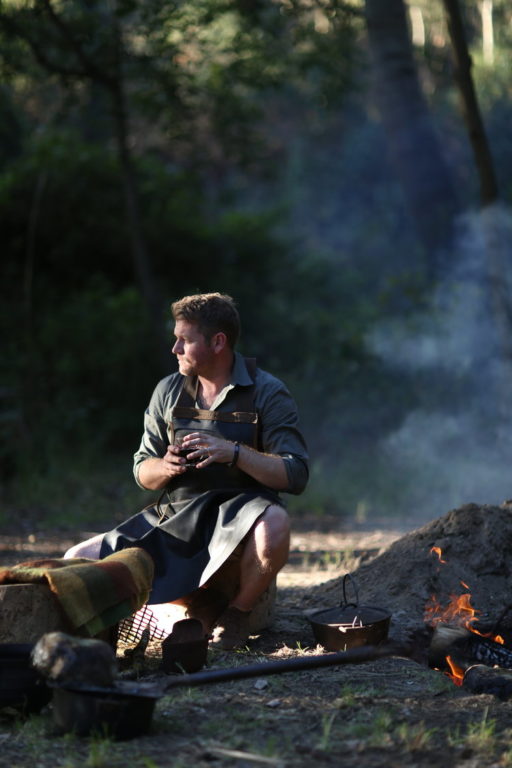
‘All French clichés aside – baguette under the arm, skew beret on your head while riding a bike along the Seine – living and working in France for the last nine years has toughened me up a bit. There were so many situations where I thought, What the hell am I doing? Like ordering duck for the restaurant and receiving 20 ducks, recently culled, with the feathers still on!
‘You learn to pluck a duck really quickly, but you also learn to stand up for yourself. They’re not going to get you next time, that’s for sure. Instead of collapsing into a sorry heap on the floor, you pick yourself up and turn the situation into something great. And because of that, I feel like I haven’t lost any of the romance of living here. Has that romance taken a different shape since those early, starry-eyed days? Of course! But my French Affair has never ended.
One of my favourite things to do in Nice is to picnic – particularly in summer. There’s this incredible spot just on the other side of Villefranche (the deepest bay in the Mediterranean), about 15 minutes outside Nice, called Saint-Jean-Cap-Ferrat. It’s a little cape that reaches into the Mediterranean with the most tranquil beaches. It feels like being in an old French movie, lazing the day away while feasting on fresh, crusty bread and creamy butter with a chilled Rosé, or throwing together a salad from the most beautiful ingredients you bought at the market that morning. And when you feel like the heat’s getting too much, you just take a dip in the turquoise water. To me, there’s no better way to unwind after a busy week.’
Beyond bread
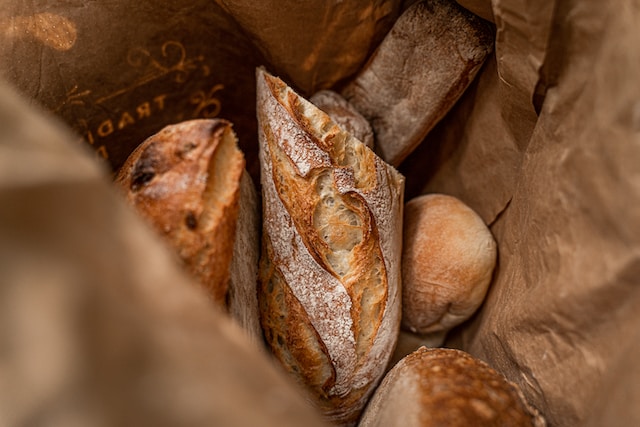
The French even have rules – laws – governing bread quality. A proper baguette, experts will tell you, has a crust that produces a crackling, staticky sound when you press down on it. French bakers call it “Le pain qui chante” – bread that sings. It’s the signature of assiduously baked, proper baguettes, formally known as traditions (that’s “tra-di-syon”), which cost about R5 more than the standard fare but are baked to strict rules defined by a 1993 government decree. Probably worth it to chew on a piece of national heritage that forbids additives, preservatives and fillers and is guaranteed to be baked sur place, on-site.
Knowing how to do it properly is a skill that the French Federation of bakers and pâtissiers hopes will be inscribed in Unesco’s Intangible Cultural Heritage List this year. There’s been a four-year campaign following a drop-off in bread consumption in France. You shouldn’t go short just yet, though, since there are about 33 000 bakeries across France, a number that declines by a thousand every year thanks to grocery stores selling industrial baguettes.
Where to Stay
Maison Huit Arles
An exquisite four-room B&B in a 17th-century mansion in Arles; the art-collecting owner has dedicated each room to an extraordinary female figure from history; she also has a handful of self-catering units (from [euro]60 per night).
Hôtel le Colombier
In Moustiers-Sainte-Marie, this modest hotel has pretty gardens, a pool, and stunning views from its terraces.
Hôtel Windsor
In Nice, close to the sea and the Promenade des Anglais, this family-owned boutique establishment has a jungly tropical garden while rooms feature frescoes by local painter Antoine Baudoin and details that pay homage to the likes of Jean Cocteau and Coco Chanel. The narrow roads and market of the old town are a 15 minutes’ walk away.
Getting There
Air France offers direct flights from Johannesburg to Paris
This article was adapted from a version that appeared in our October 2022 magazine issue.
Orginally written by Keith Bain. Photography: Unsplash, Supplied, Gallo Images/Getty
Follow us on social media for more travel news, inspiration, and guides. You can also tag us to be featured.
TikTok | Instagram | Facebook | Twitter
ALSO READ: 7 countries to consider if you want to work abroad


